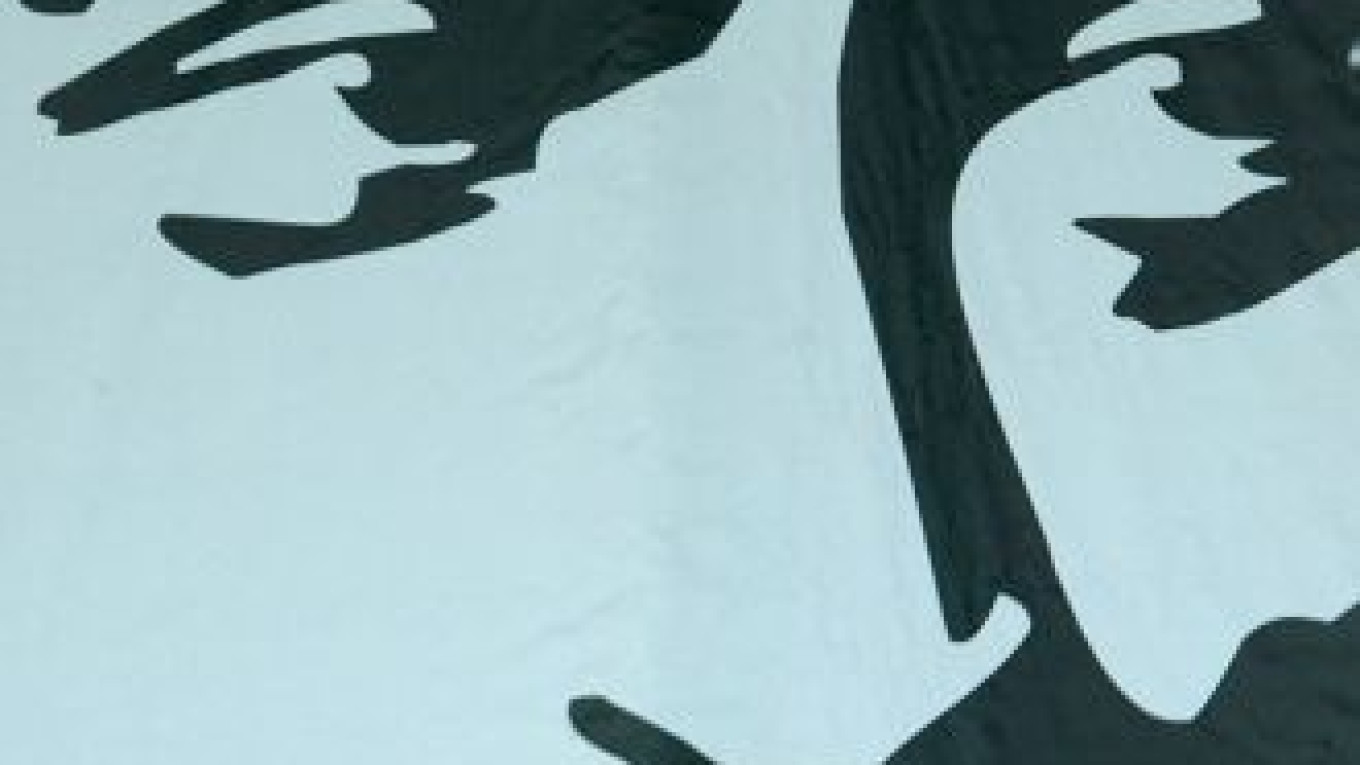Vasily Yakemenko, founder of pro-Kremlin youth movement Nashi who now oversees the state's youth policy, may have had links to a vicious Tatarstan mafia ring that cut off people's heads and hands in the 1990s, Vedomosti reported Monday.
Yakemenko was listed in a state business database as a co-founder of the firm Akbars in 1994, along with five convicted gangsters, the newspaper said.
Yakemenko's spokeswoman, Kristina Potupchik, denied his involvement in the firm, saying the gangsters simply used his personal data without his consent. Yakemenko's current boss, Sports, Tourism and Youth Politics Minister Vitaly Mutko, promised on Monday to investigate Yakemenko's possible ties to the group, Ekho Moskvy reported.Akbars' founders — Nail Nuriakhmetov, Alexander Vlasov, Yury Yeryomenko, Rosil Rakhmatullin and Adygan Salyakhov — were members of the Complex 29 criminal group in Naberezhniye Chelny, described by Vedomosti as one of the country's cruelest mafia gangs.
Complex 29 started off in 1993 with racketeering and was known to mutilate or behead recalcitrant vendors at a local market, Izvestia reported. In its heyday, the group had 1,000 members and controlled several Tatarstan companies, and even attempted to seize KamAZ, Vedomosti reported. It later expanded to Moscow.
Police eventually busted the gang. Ringleaders Salyakhov and Yeryomenko were jailed for 25 years and life, respectively, while 23 other members were also handed prison terms by Tatarstan's Supreme Court in 2006. In total, the group received more than 400 years in jail, Vedomosti reported, citing a copy of the verdict.
“It was one of the biggest criminal gangs in Tatarstan, and most of its members have been sentenced,” Andrei Galiakberov, a spokesman for Tatarstan's Interior Ministry, told The Moscow Times.
Potupchik told Vedomosti that "anything could happen in the turbulent 1990s" and dismissed the article on her Twitter account as being "good for nothing" because she said it lacked hard facts.
Yakemenko fell under intense media scrutiny earlier this month after the brutal beating of Kommersant reporter Oleg Kashin. He had criticized Nashi and written in his blog about Yakemenko's purported extramarital affair with a young Nashi activist. The group has lashed out at Kashin over the report.
After Kashin's beating, bloggers speculated that the attack might have been ordered by Yakemenko, since Nashi has been accused on numerous occasions of employing football hooligans to intimidate opposition activists.
Yakemenko left Nashi after becoming a federal official in 2008, but he has kept close ties with the movement. Vedomosti reported on Monday that from 2007 to 2010, Yakemenko's agency has channeled 467 million rubles ($15 million) in contracts to Nashi and organizations formed by current and former Nashi leaders, compared with just 8 million rubles for two other pro-Kremlin groups.
Nashi was founded in 2005 with the blessing of the Kremlin domestic politics chief Vladislav Surkov to counter potential “street revolutions.” The group was a successor to Yakemenko's original youth group, Moving Together.
Some 185 million rubles went to the Youth Policy 2020 Foundation, established and chaired by former senior Nashi members. Co-founder Artur Omarov also created the notorious pro-Kremlin group Stal, or Steel, the report said.
Stal caused a major scandal when it displayed puppet heads of prominent Russian liberal public figures and rights activists in Nazi outfits at the Nashi-organized Seliger youth camp in the Tver region this summer. Nashi denied any link to the project.
A Message from The Moscow Times:
Dear readers,
We are facing unprecedented challenges. Russia's Prosecutor General's Office has designated The Moscow Times as an "undesirable" organization, criminalizing our work and putting our staff at risk of prosecution. This follows our earlier unjust labeling as a "foreign agent."
These actions are direct attempts to silence independent journalism in Russia. The authorities claim our work "discredits the decisions of the Russian leadership." We see things differently: we strive to provide accurate, unbiased reporting on Russia.
We, the journalists of The Moscow Times, refuse to be silenced. But to continue our work, we need your help.
Your support, no matter how small, makes a world of difference. If you can, please support us monthly starting from just $2. It's quick to set up, and every contribution makes a significant impact.
By supporting The Moscow Times, you're defending open, independent journalism in the face of repression. Thank you for standing with us.
Remind me later.


